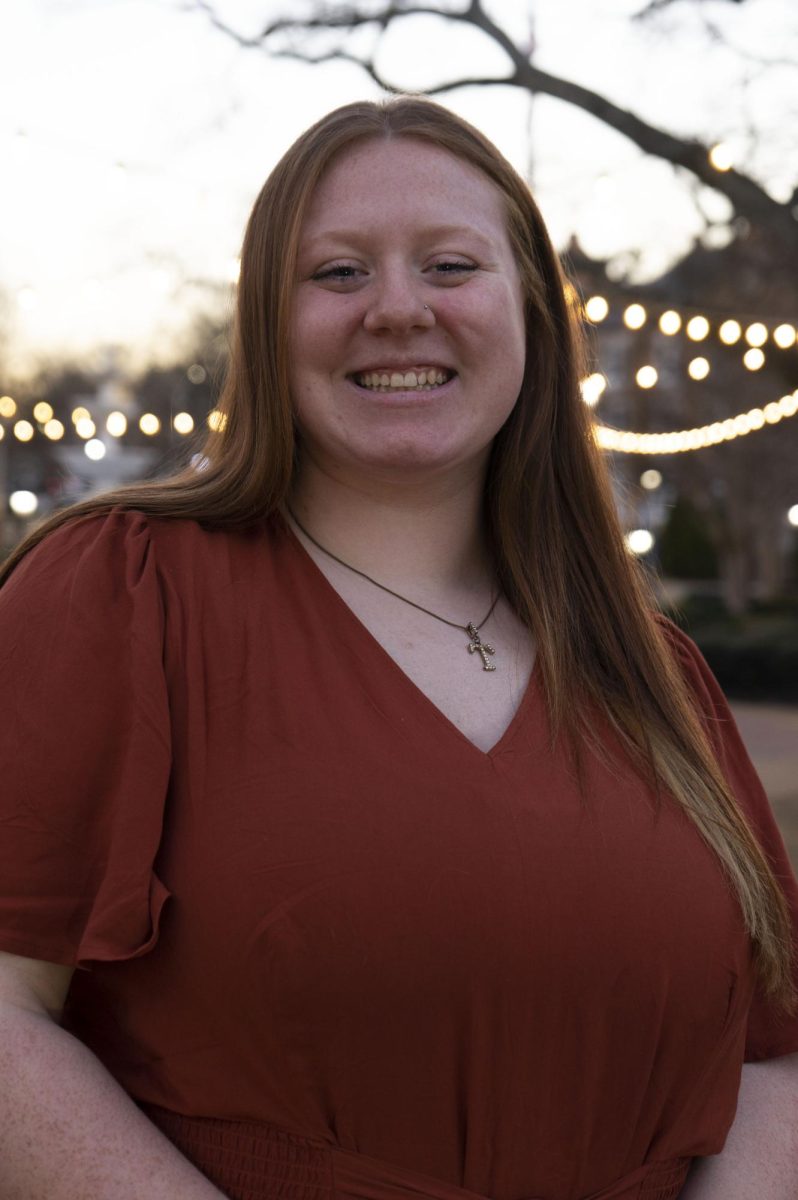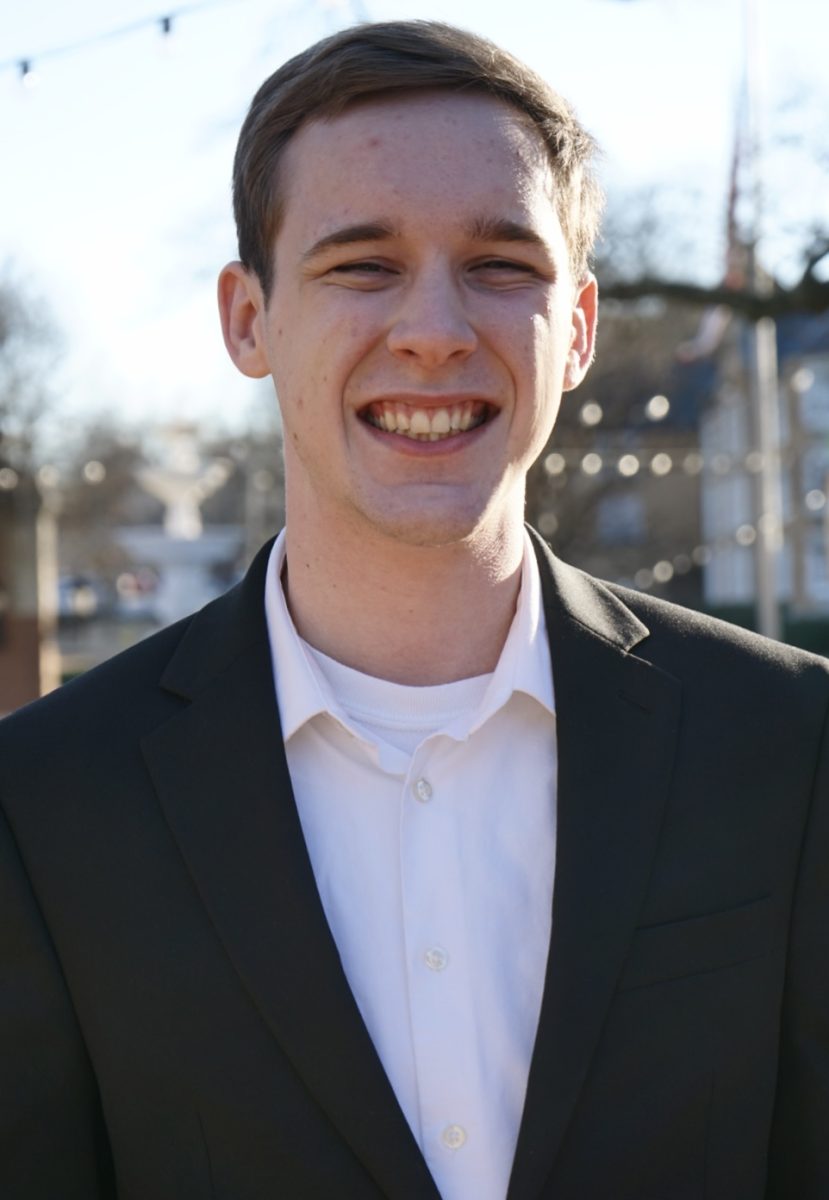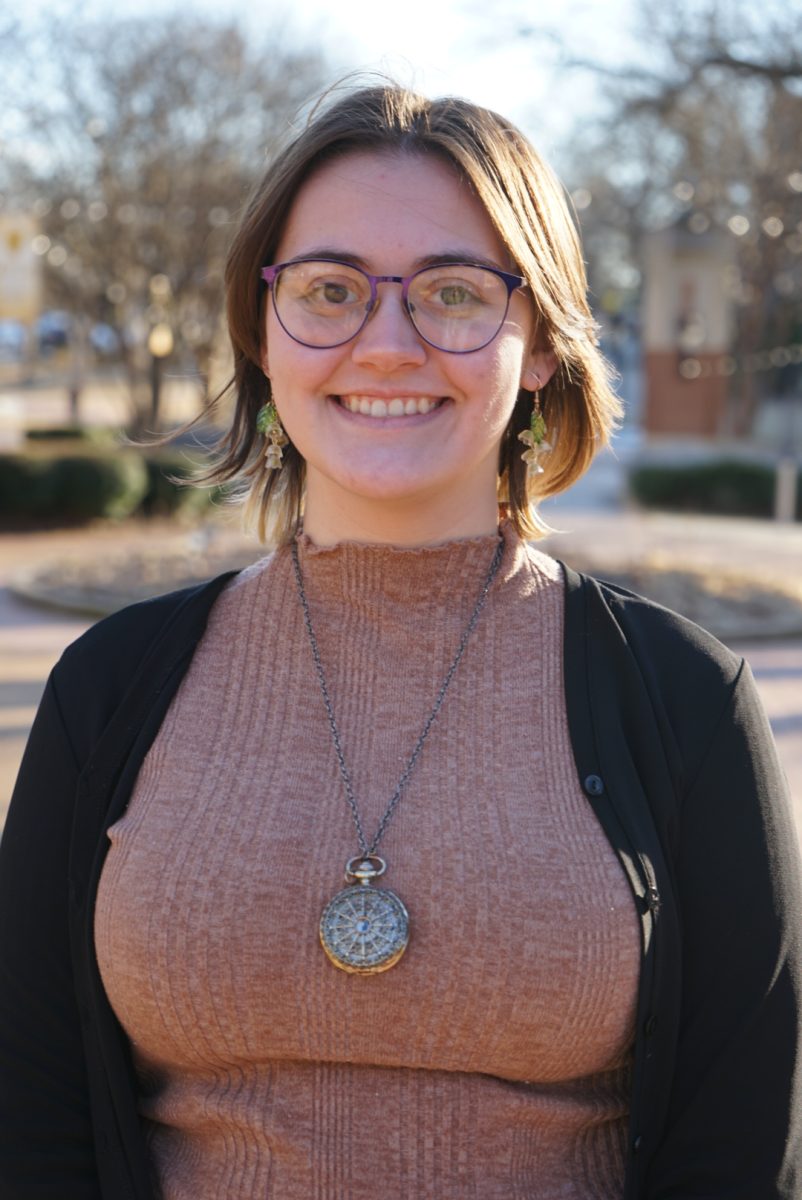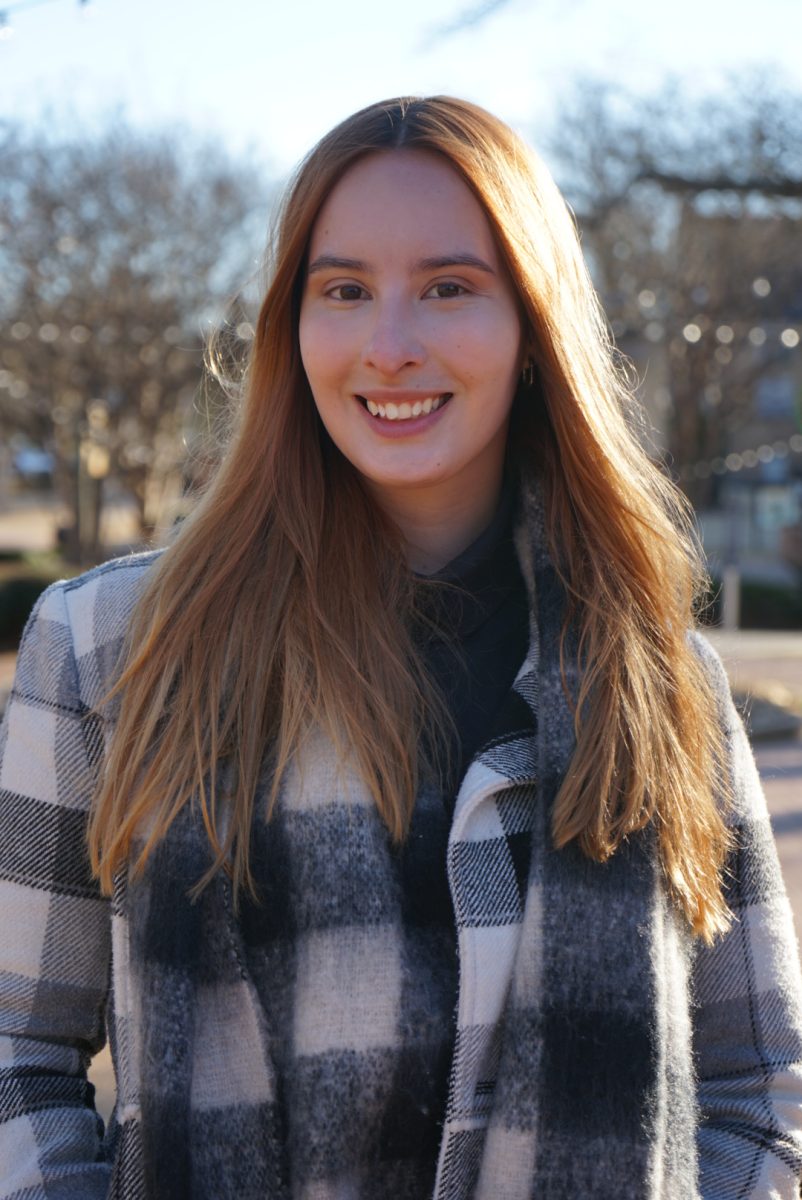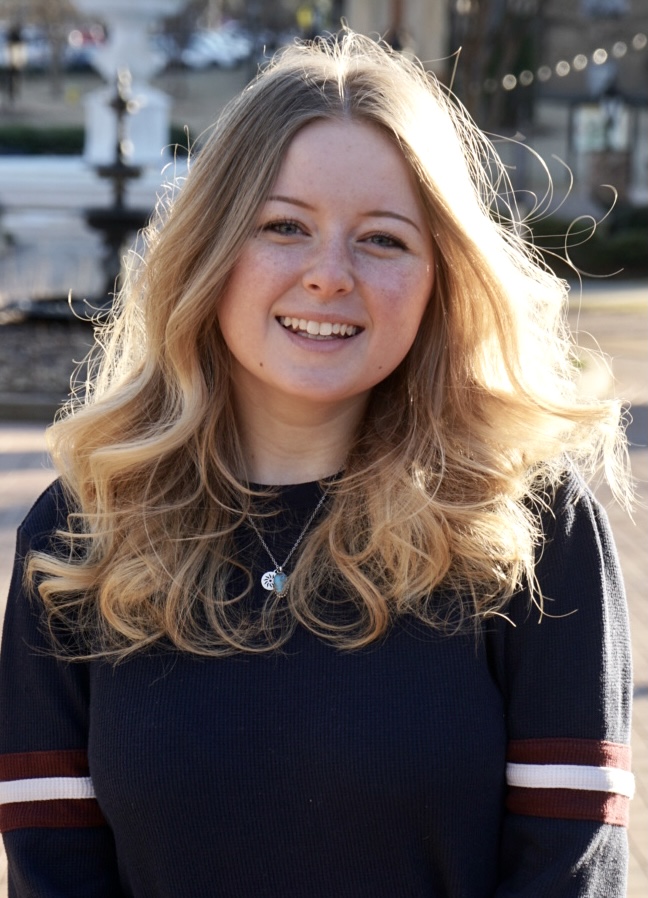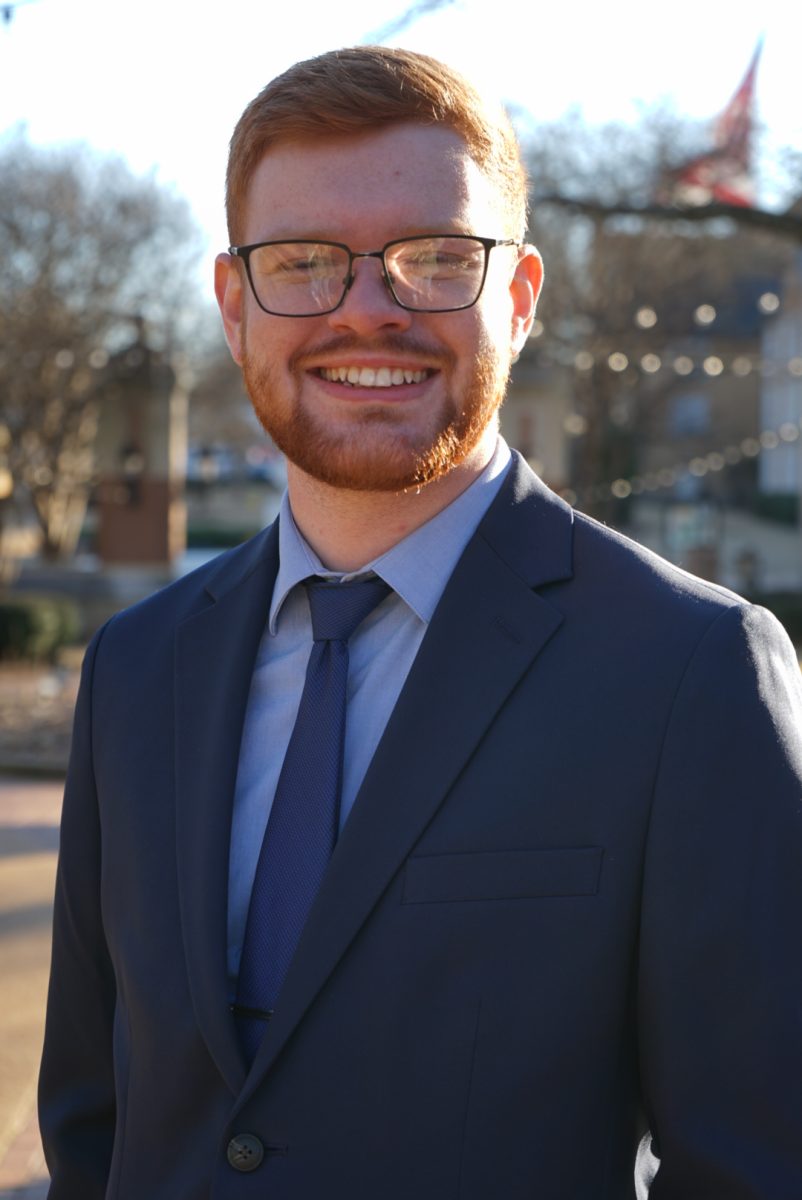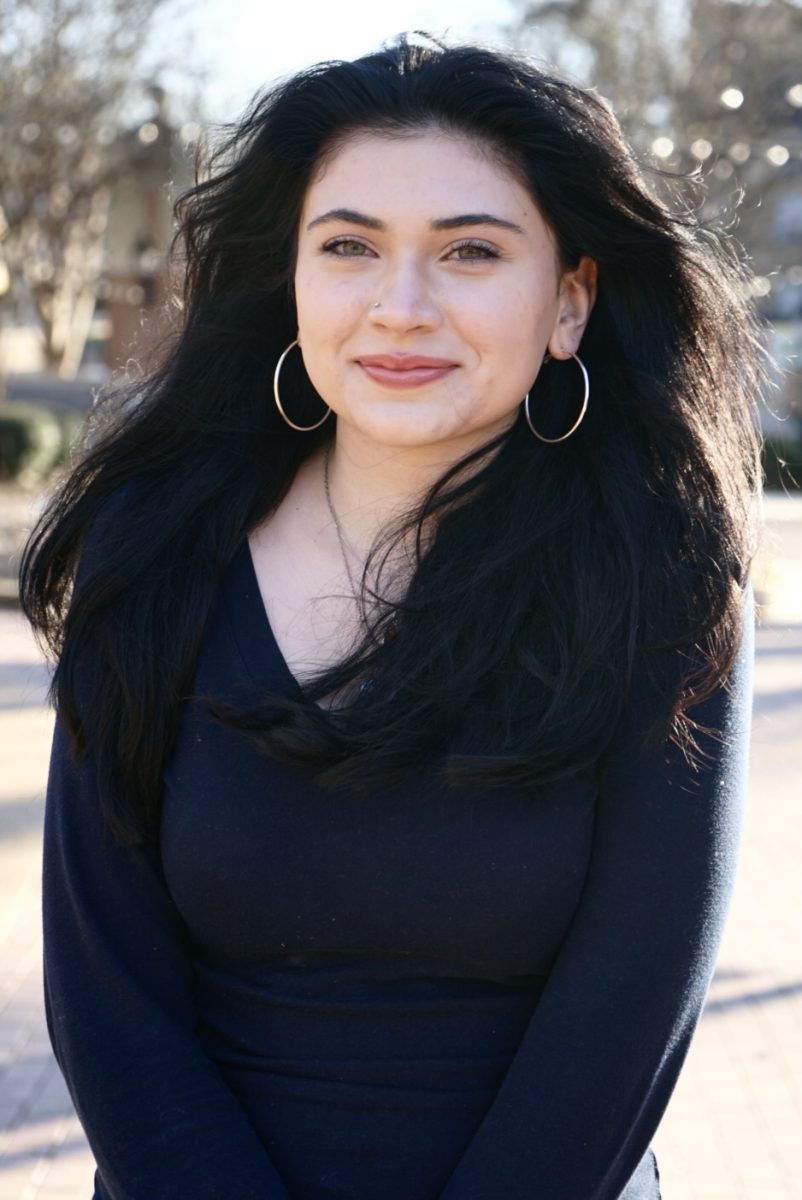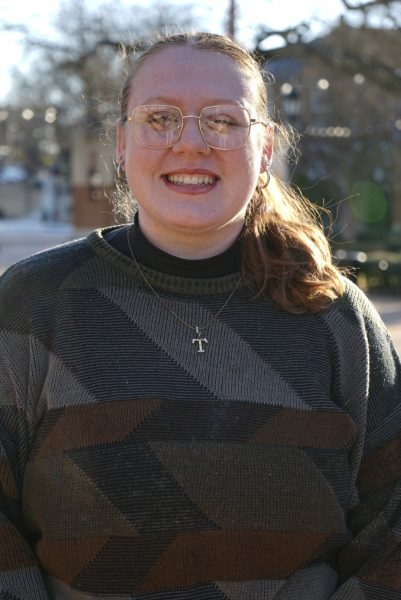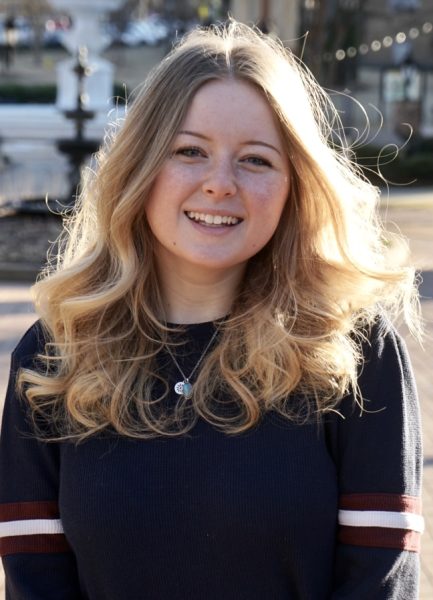A plague has overtaken almost every aspect of our technological lives—artificial Intelligence. Teachers are giving 0s for Grammarly spell check, Chatgpt is writing essays and other programs are putting out artworks based on captions. If Grammarly can be called AI you have to call spellcheck and autocorrect AI, too.
AI can and is ruining credibility among all academic and professional standpoints. While–in a broad sense–it is truly amazing that the brightest minds of our society can create a program that thinks independently, this development is becoming more trouble than it’s worth. With this technology being available at every student’s fingertips, teachers fear plagiarism and now have to find programs to detect AI. AI detecting AI, weird.
This distrust is not unfounded. In my classes, the professors have expressed their disdain for the programs. Many of the more experienced professors are now having to adapt to a new cheating method, and they thought they had seen it all.
New sets of guidelines and addendums in syllabi are being implemented every semester as these programs change, for the better and the worse. As these great minds of our society continually update and develop this multitude of programs to get rid of bugs and be more human-like, it’s becoming harder to detect.
This leads to every piece of work that’s put out and submitted to be heavily scrutinized. If a student who normally is average scores higher on an essay the first thought isn’t that the student is seeing a tutor or studying harder, it’s that they used AI and cheated. If that student didn’t cheat, they can get discouraged and even offended or upset over the lack of trust between the student and faculty.
Teachers run papers through plagiarism detectors and sometimes can come back with false positives. The student will then have to fight their case, which is already a losing battle, even if the student is innocent.
Many universities are in what can be considered an arms race against the programs. The use of these programs is starting to scare teachers all over the world. The University of Auckland in New Zealand’s Dr. Andrew Chen urges universities to integrate AI and teach students to use the programs smartly and ethically to combat this fear, as well as implement regulations based on course type and to not use blanket policies.
There’s talk of how AI can replace art, which is truly outrageous. They can produce beautiful images but I would hardly call them art. Art has to do with the heart and soul, neither of which AI can replicate.
There is a phenomenon circulating called “deepfakes.” These are a set of images or a video that are altered, but they differ from Photoshop or your average editing skills. In many instances, people can’t differentiate between what’s real or a deepfake. People have made videos of presidents speaking, but they are deepfakes. They look incredibly real and those who are not as media literate as my generation can easily fall victim to this. Many people now get their news from online sources, so this type of AI can destroy any genuine credibility of almost any person, group or corporation.
All in all, regulating AI is and will always be difficult. Teaching people and learning how to ethically use artificial intelligence will fix many of these issues.


